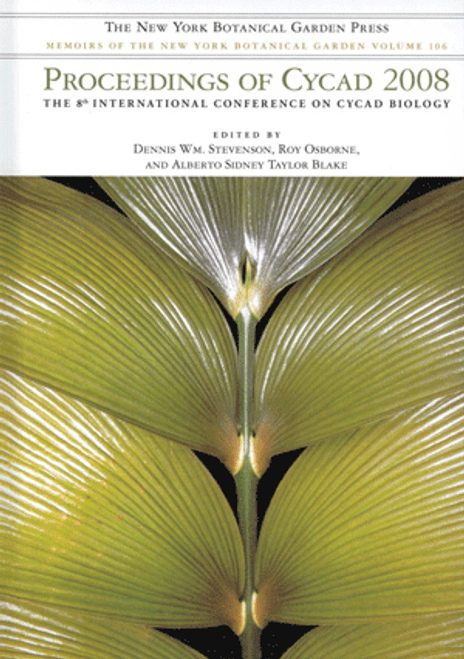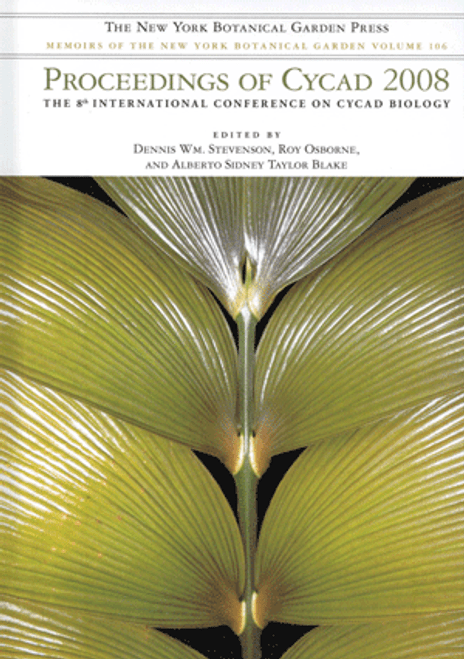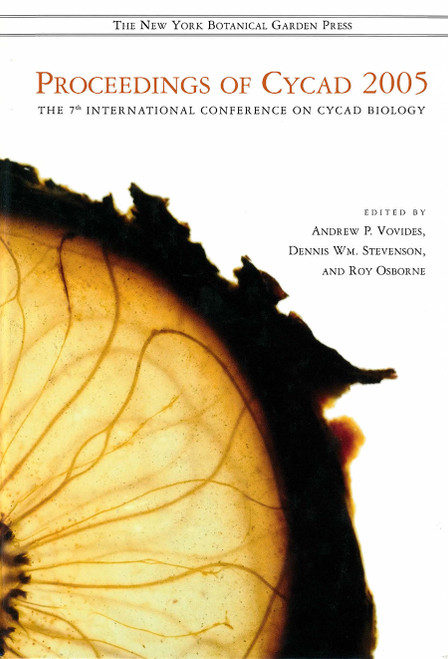This purchase only includes chapter 10 of this title.
Abstract
Cycads of northeast India are represented by the single species Cycas pectinata, which grows in warm tropical forests along wit Dipterocarpus macrocarpus and Shorea robusta. Traditional uses of Cycas have evolved in the region over several centuries and the indigenous people are known for their retention of this cultural heritage. Existing cycad populations have diminished rapidly as a result of deforestation, recurrent forest fires, jhum cultivation, encroachments of forest land, transformation for human settlement, agriculture and agro forestry, and excessive harvesting of seeds and leaves for food. As a result, only a few scattered small populations remain in comparatively inaccessible areas. In view of the ongoing cultural and economic changes due to globalization, it is important to document all the ethnobotanical knowledge of cycads in the states of northeast India. This paper reports the traditional uses of cycads among indigenous people of Assam and Meghalaya for food, medicine, and in socio-cultural and religious activities.










